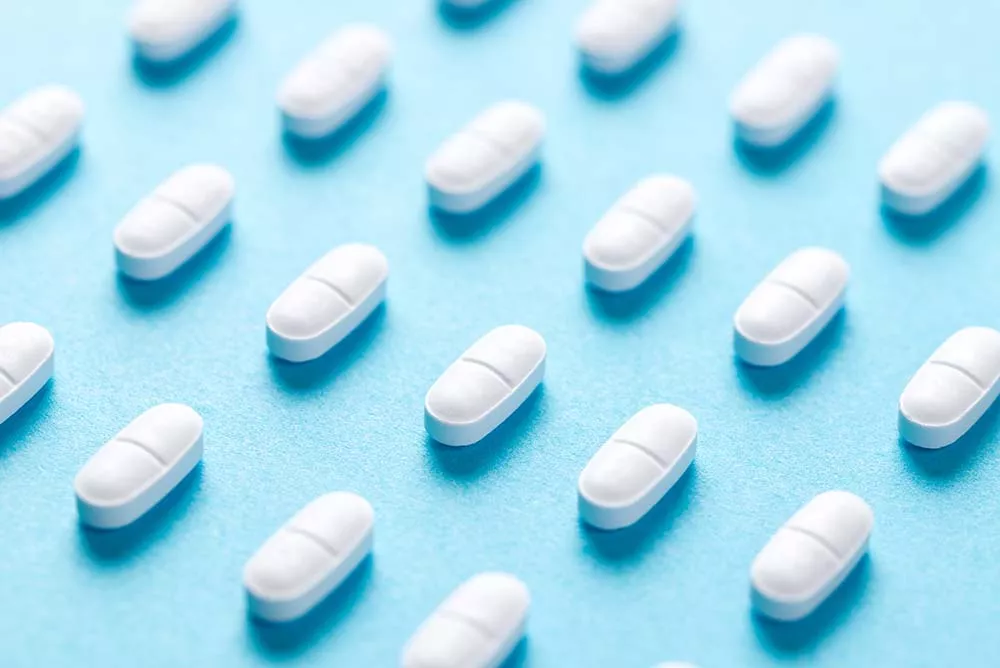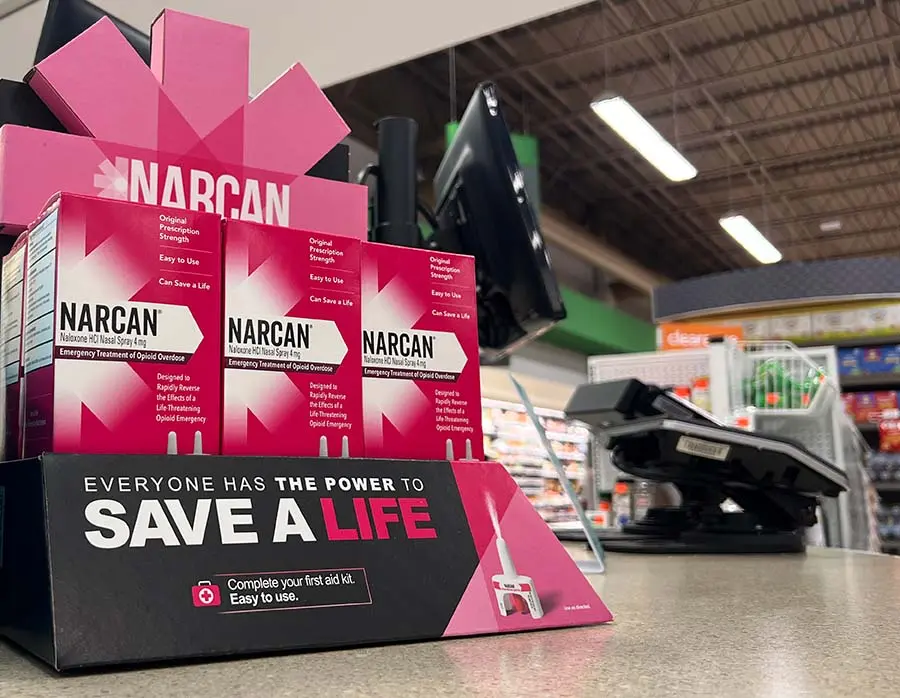Alcoholism and opioid addiction remain major health concerns in the U.S. and worldwide, with the number of alcohol and opioid-related overdose deaths reaching alarming levels. According to the Centers for Disease Control and Prevention (CDC), around 81,230 overdose deaths occurred in the U.S. from June 2019 to May 2020, the highest ever recorded in 12 months.
The increase in substance misuse and overdose deaths emphasizes the importance of addiction maintenance treatments. Although various treatment options are currently available to treat Alcohol Use Disorder (AUD) and Opioid Use Disorder (OUD), medical institutes worldwide are still invested in identifying innovative treatment methods to improve convenience and the chances of long-term sobriety. One such innovative treatment method to come out lately is naltrexone implants.
Naltrexone implants are small medication pellets containing naltrexone inserted under the skin to help treat opioid dependence or AUD. The implants work by gradually releasing the medication over a certain period, generally 2-6 months.
According to the Substance Abuse and Mental Health Services Administration (SAMHSA), naltrexone is an opioid antagonist (inhibitor) that works by attaching itself to opioid receptors in the brain. As such, naltrexone implants help reduce opioid cravings and block the effects of opioids to treat opioid addiction. And help block the endorphins released by alcohol from binding to their receptors to treat alcohol use disorder.
However, naltrexone implants, like any other form of naltrexone maintenance treatment (NMT), should be used in conjunction with other aspects of a comprehensive treatment program, such as counseling and behavioral therapies, to ensure prolonged recovery.
All forms of naltrexone help maintain long-term abstinence from opioids and alcohol by minimizing the risk of relapse and cravings. However, because of its minimal potential for misuse, the implantable formulation of naltrexone is a more effective method of maintaining recovery from opioids and alcohol. The chance of forgetting to take the prescription or purposefully avoiding it to use opioids or alcohol again is comparatively low with this treatment method. Since the implants also last for a long period, this treatment option provides ample time for the brain to rewire and heal from the damages caused due to long-term opioid or alcohol use.
This form of treatment is ideal for individuals:
Naltrexone implants are administered by inserting them underneath the fat of the abdomen through a minor surgical intervention. The procedure begins with the administration of local anesthesia to numb the abdomen region. After the anesthesia takes effect, a surgeon will make a small incision to insert the naltrexone implant through a syringe. Upon insertion, the incision will be stitched close, and a sterile bandage will be placed over the cut. This procedure usually takes less than 20 minutes.
In the days following the procedure, individuals will be required to visit the surgeon and medical personnel for a follow-up treatment. This appointment is to make sure the wound is healing properly and to rule out the possibility of infection. And seven days following the treatment, the stitches will be removed.
Naltrexone implants are reported to be a safe means to treat opioid dependence and alcohol use disorder. However, there are risks and complications associated with this approach. And the most common side effects are associated with reactions at the implantation site.
Symptoms implantation site reactions include:
Severe infection at the implantation site may require medical attention. Healthcare practitioners may prescribe certain antibiotics to treat such infections.

The administration of the implant too close to opioid use may lead to an acute withdrawal syndrome. And as such, individuals who wish to have this procedure must maintain an opioid-free period of 7-10 days before treatment. Most healthcare practitioners conduct a naloxone challenge test to screen for opioids before starting treatment to mitigate the risk of such withdrawals.
Opioid overdose is still possible with a naltrexone implant, just like other forms of naltrexone maintenance treatment. Although naltrexone itself does not cause an overdose, the blocking effect of the medication can be overcome by taking large doses of opioids that could lead to a fatal overdose. The risk of overdose remains the same even upon completing naltrexone implant treatment due to the gradual reduction of tolerance to opioids, making even the well-tolerated doses lethal. Opioid overdose is a life-threatening condition that can result in respiratory arrest or circulatory collapse. Individuals must seek immediate medical attention in case of an overdose.
Naltrexone implants are currently not approved by the U.S. Food and Drug Administration (FDA). However, they have approved the pill and intramuscular injectable forms of naltrexone to treat opioid dependence and alcohol addiction. Oral naltrexone is sold under brand names such as Depade and ReVia, while the extended-release injectable version is sold under the brand name Vivitrol.
A substantial number of clinical studies have indicated the effectiveness of naltrexone implants to treat alcohol use disorder and opioid addiction. However, more research is needed to substantiate the findings of this approach. If proven effective, treatment with naltrexone implants can be a powerful new tool against the opioid crisis and alcohol use disorder.
If you are seeking help with your loved one’s addiction, contact us today or complete our quick contact form below, to speak with an addiction treatment specialist.
If you need help with your substance use disorder, we are here to help you build your confidence and momentum towards the future you want. We provide treatment services for adults with alcohol, opioid, and other substance use disorders.
 How Long Does Naltrexone Take to Work?
How Long Does Naltrexone Take to Work?
 Benefits of Online Addiction Treatment
Benefits of Online Addiction Treatment
 What is Narcan & How Does It Work?
What is Narcan & How Does It Work?